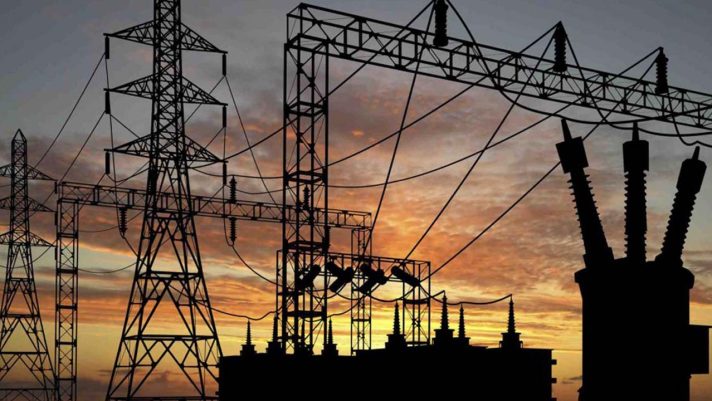
The Niger Delta Power Holding Company (NDPHC) has raised alarm over crippling financial and operational challenges threatening its capacity to deliver electricity to Nigerians, citing a staggering debt of nearly N600 billion owed by the Nigeria Bulk Electricity Trading Plc (NBET) and other bilateral entities.
In a statement issued by Adesanya Adejokun, Technical Adviser on Media to the Managing Director, Jennifer Adighije, the company decried the persistent underutilisation of its generating capacity, attributing it to mounting debts, transmission bottlenecks, gas supply constraints, and poor offtake by electricity distribution companies (DisCos).
Adighije disclosed that the new management has successfully revived five previously idle turbine units at the Calabar, Omotosho, Sapele, and Ihovbor power plants—contributing an additional 625 megawatts to the national grid. However, she noted that nearly 2,000MW of NDPHC’s mechanically available capacity remains stranded due to systemic challenges.
“NDPHC currently has a mechanically available generation capacity of about 2,000MW that is significantly stranded due to transmission constraints, gas supply, and gas transportation limitations, in addition to dwindling offtake by the distribution companies,” she said.
She further lamented that NDPHC is owed close to N600bn by NBET and other bilateral entities, a situation that has hampered operations and left the company at the bottom of the dispatch priority list, despite being the largest generator of turbine capacity in the sector.
According to her, the National Integrated Power Projects (NIPP), operated by NDPHC, continue to render crucial grid-stabilising ancillary services without compensation. “Our plants are frequently ordered to start up or shut down at the discretion of the system operator without remuneration. This lack of monetisation stresses our infrastructure and results in underutilisation,” she said.
Despite these challenges, Adighije said the company has invested over N500bn in critical transmission infrastructure across Nigeria, including substations, transformers, transmission lines, and switchgear—all now operated by the Transmission Company of Nigeria (TCN).
She also addressed the prolonged dormancy of the Alaoji Power Plant, attributing it to a metering dispute with the gas supplier. However, she expressed optimism that the plant would resume operations before year-end as restoration of the Gas Metering Station is underway.
Efforts to formalise a Power Purchase Agreement with NBET have repeatedly failed, she noted, further impacting the company’s finances and leaving much of its capacity unutilised. “Despite our daily dispatch potential of about 2,000MW, we remain under-prioritised,” she said.
To mitigate these losses, NDPHC is now pursuing direct bilateral sales of its stranded power. The company is acting on a July 25 directive from the Nigerian Electricity Regulatory Commission (NERC), allowing generating companies to enter into bilateral arrangements with eligible customers.
“We are now prioritising eligible customers and bilateral deals to commercialise our stranded energy,” she said, adding that several agreements with off-takers are already nearing completion.
Meanwhile, a recent NERC report paints a grim picture of the nation’s power sector, showing that despite an installed capacity of over 4,000MW, NDPHC-managed plants collectively generate far less than 1,000MW.
The report shows several plants operating at less than 50 per cent of capacity, while others like the Alaoji 1 and Olorunsogo 2 power stations have remained practically dormant in recent months. Notably, Ihovbor 2 is the exception, operating at 97 per cent of its capacity.
Efforts by our correspondent to get a response from NBET’s Managing Director, Johnson Akinnawo, proved abortive, as messages were not returned at the time of filing this report.
With over a decade of underperformance in power generation despite massive infrastructure investment, industry watchers say the recurring financial and structural bottlenecks in the sector must be urgently addressed to avert further national blackout risks.
Comments